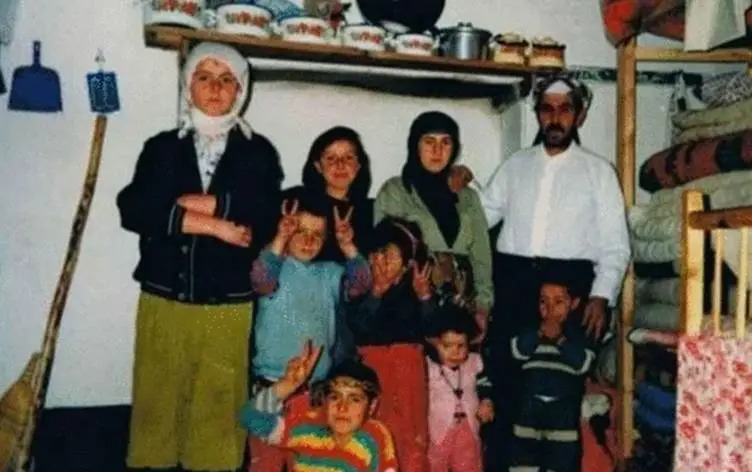A court in central Turkey has ruled to conclude the trial in absentia of a gendarme charged with the mass murder a Kurdish family in a deliberately lit fire in October 1993 due to the expiration of the statute of limitations, the Stockholm Center for Freedom reported.
Often referred to as the “Vartinis massacre” based on the Kurdish name of the Altınova district of eastern Muş province, the trial concerned the torching of a house belonging to a Kurdish family suspected of aiding and abetting the Kurdistan Workers’ Party (PKK) which had claimed the lives of nine people.
The PKK is an armed separatist group designated as a terrorist organization by Turkey and much of the international community.
Two former gendarmes, a noncommissioned officer and a special forces commander were on trial for allegedly setting fire to the building.
Lawyer Kadir Karaçelik from the Muş Bar Association slammed the court’s decision to abide by the statute of limitations.
“It was a part of the darkness that prevailed over the 1990s,” Karaçelik said. “Concerning one of the greatest abuses of human rights committed, the case fell under the category of crimes against humanity. We explained this to the court by referring to European Court of Human Rights [ECtHR] judgments.”
In November a trial hearing had revealed that Bülent Karaoğlu, one of the former gendarmes wanted for allegedly torching the house, causing the death of the family, had been collecting his pension despite being sought under an INTERPOL Red Notice since 2021.
Even though the incident took place in 1993, the trial did not start until 2003 as the authorities initially maintained that the PKK was behind the fire.
The prosecutors sought prison terms of between 180 and 225 years for each defendant.
An escalation between PKK insurgents and the Turkish military in the 1980s and 1990s resulted in a sharp deterioration of the human rights situation in the country’s predominantly Kurdish east and southeast, causing the death and displacement of civilian populations and the destruction of urban areas.
In times of combat, Turkish authorities frequently declared a local state of emergency, which granted security forces expanded powers and barred media outlets from reporting from the area.
In addition to rights violations committed by the security forces, the period saw the enforced disappearance of hundreds of people in police custody, for which there still has been no accountability.

